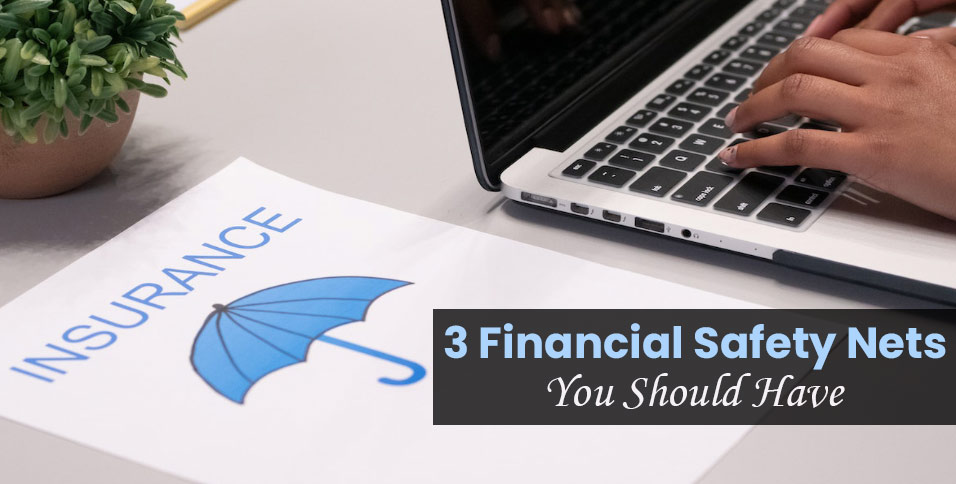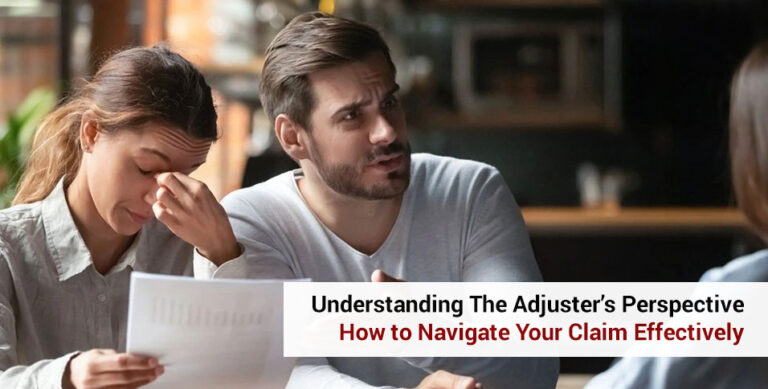Making a good income doesn’t guarantee that you’ll always have financial stability. You could always get hit with an emergency expense that’s far outside of the boundaries of your household budget. A single obstacle could send you stumbling into serious financial trouble.
That’s why you need to set up safety nets for yourself. These safety nets will catch you whenever you stumble and help you recover from financial setbacks as soon as possible.
1. Emergency Fund
An emergency fund is a collection of personal savings that are specifically reserved for urgent, unplanned expenses. If your car’s engine stalls and you need to bring it to the mechanic’s for repairs, you could use the money sitting in your emergency fund to cover the bill. If your toilet drain is clogged and you need to call up a plumber to clear it, you can use the savings to pay them for their hard work. These are just some of the scenarios where the fund could be useful.
One of the biggest benefits of an emergency fund is that making a withdrawal has no impact on your financial routine. The funds sitting in your checking account will go untouched. You can still manage to stay on budget for the rest of the month. You don’t have to worry about this emergency expense affecting your ability to pay your bills on time or grab enough groceries for the week.
Without an emergency fund, you might not be able to cover an urgent expense that pops out of the blue — at least, not without completely disrupting your budget. In that case, you could try borrowing funds to help you handle the expense quickly and then make repayments afterward. You could do this with an online loan. Certain providers allow you to work directly with them to get the online loan that you need and then make the necessary repayments afterward.
There is no guarantee that your loan application will get approved or that you will get the most favorable loan terms possible. This is why an emergency fund is a better safety net in these situations.
2. Credit Card
Your credit card can be an extremely useful safety net for handling emergency expenses. When you don’t have enough savings to cover an expense, you can charge it to your card. This allows you to resolve the problem quickly and then repay what you borrowed through your card’s regular billing cycle later on.
Your credit card is only reliable as a safety net when it has plenty of available credit on it. So, you should do your best to keep the balance on your card as low as possible. If your balance is high and close to the set credit limit, you might not be able to charge an extra expense to it in an emergency. Doing this could max out your credit card.
3. Insurance
You should always have insurance as a safety net for scenarios that you couldn’t afford to cover with a simple emergency fund. For instance, a household disaster could cause thousands of dollars in damages, so you will want to have homeowners insurance. The coverage through your insurance policy could help you pay for necessary repairs and replacements that would otherwise be out of reach — or at the very least, put you in a lot of debt.
What other types of insurance should you sign up for?
- Flood insurance. Most standard homeowners insurance policies do not have coverage for flood damages, so this should fill that coverage gap.
- Renters insurance. If you do not own a home, but rent one instead, you should get renters insurance to get coverage for burglaries, acts of vandalism and other disasters.
- Car insurance. If you drive a vehicle, you should have car insurance to cover the costs of car repairs, medical bills and legal fees related to accidents.
- Health insurance. Health insurance will help you handle the costs of medical treatment. Without it, you could go into serious medical debt.
Insurance is not necessary if you can afford the worst-case scenario with your savings. For instance, you don’t necessarily need to get an extended warranty plan to help you cover tech repairs. Many tech repairs will cost less than $1000 to complete, which means that your emergency fund should help you manage that problem easily.
These safety nets will help you recover from disaster in a hurry. You’ll stumble, fall into the net and get back up again.
Also Read: Safety First: 5 Essential Tips for Secure Options Trading
















